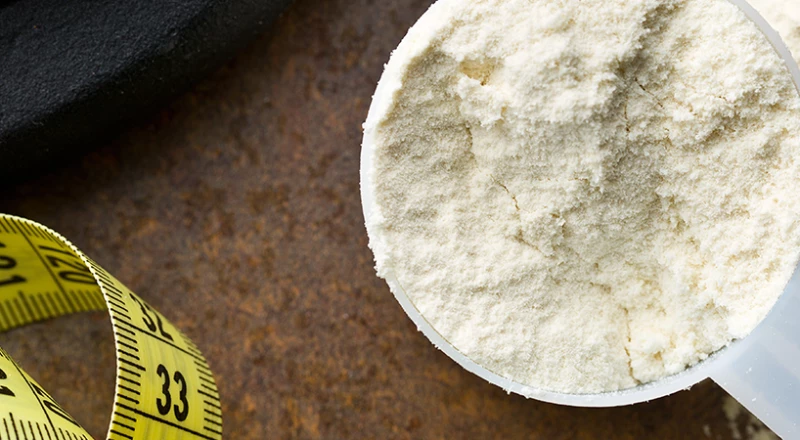Deploy Folding Table of contents
Dry skin can feel uncomfortable and easily lead to more serious skin issues. While there are certainly skin care products that can help, protein is an essential component of any effective dry skin care plan. Protein is integral for repair and maintenance of skin cells, and supplementing your diet with the right kind of protein can help combat dryness and leave you with healthier, happier skin.
The Benefits of Protein for Dry Skin
The skin is the body’s largest organ, and protein is essential in keeping it healthy and hydrated. Dry skin is often caused by a lack of protein, and higher levels of protein in the skin can lead to increased collagen production, improved skin elasticity and hydration, and a reduced risk of wrinkles and other signs of aging. Protein is also necessary for cell repair, so an adequate intake can help promote faster healing in the event of any damage to the skin.
How to Find the Right Protein for Your Skin Type
The type of protein you need for your own skin care regimen will vary according to your individual skin type. Some of the best sources of protein for dry skin include fish, eggs, yogurt, and nuts. Meat, dairy, and legumes are also good sources, although some people may be allergic to these foods. If you find that certain foods make your skin worse, it’s best to avoid them.
What to Look for in an Effective Dry Skin Protein
When shopping for an effective dry skin protein, look for one that contains essential fatty acids, which are essential to skin health. Omega-3 fatty acids, in particular, are known to help reduce inflammation and promote moisture retention in the skin. In addition, look for proteins with antioxidants, which can help protect the skin from environmental damage, as well as high levels of vitamins A, C, and E, which are all necessary for healthy skin.
Tips for Making the Most of Your Protein Intake
In addition to eating foods that are high in protein, there are other ways to make sure you’re getting enough. Taking a daily multivitamin or supplement can be especially beneficial for those who are vegetarian or vegan and don’t get enough protein from their diet. Taking collagen supplements is also beneficial for skin health, as it can help promote collagen production and increase elasticity.
The Benefits of Healthy Dry Skin for You
Having healthy, hydrated skin can have a tremendous impact on your overall wellbeing. Not only will it look and feel better, but healthy skin is also far less likely to suffer from breakouts, irritation, or other signs of damage. It can also help you appear younger, as healthy skin tends to be smoother and more wrinkle-free. All in all, making sure that you’re getting enough protein is essential for keeping your skin healthy and looking its best.
When it comes to improving your skin health and appearance, protein is essential. Eating the right foods and taking supplements can help you get the protein you need to keep your skin healthy and hydrated. With the right diet and supplements, you can be well on your way to healthier, more youthful-looking skin.
- The American Academy of Dermatology. Protein for Healthy Skin. Accessed November 10, 2020. https://www.aad.org/public/everyday-care/skin-care-basics/care/protein-for-healthy-skin
- Lev-Tov, Hadar and Baruchin, Alexander M. Nutrition for Healthy Skin: Vitamin A, Vitamin C, Vitamin E, and Selenium. Clinics in Dermatology, vol. 30, iss. 3, 2012, pp. 343-350. https://www.sciencedirect.com/science/article/pii/S0738081X12001343.
- Kogan, Margaret. The Beauty Diet: Looking Great Has Never Been So Delicious. Penguin, 2009.
Protein is an important element of any skin care regimen, and getting enough can make a world of difference in the way your skin looks and feels. Eating the right foods and taking supplements can ensure you’re getting the protein you need for healthier, more youthful-looking skin. With the right diet and supplements, you can make sure your skin gets the nourishment it needs for optimum health.



